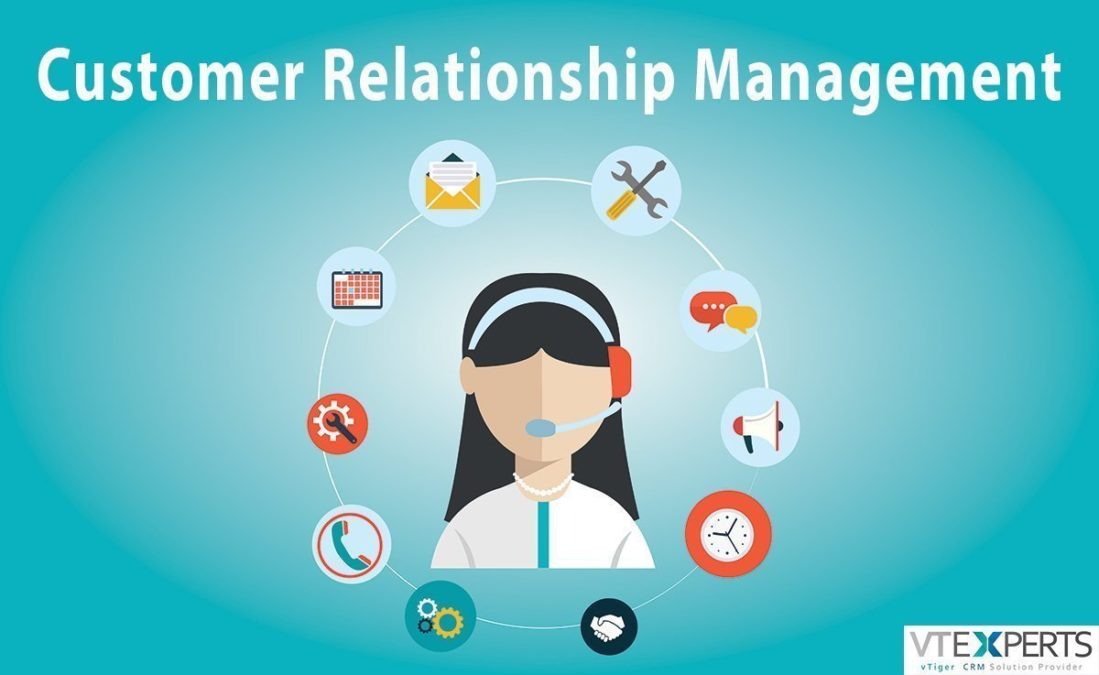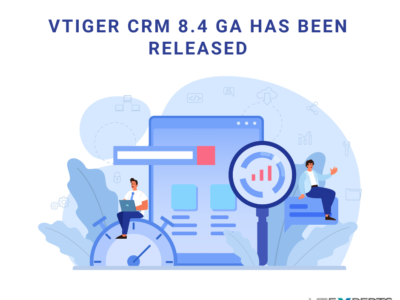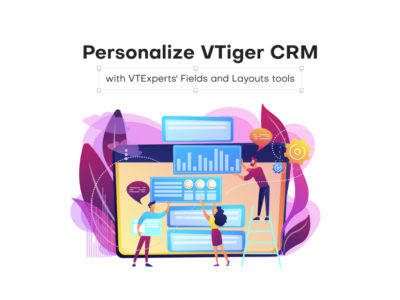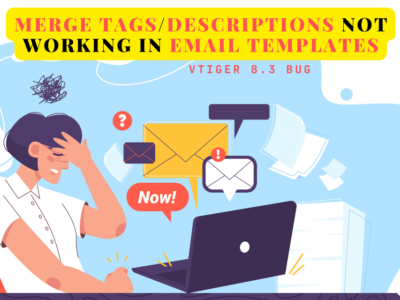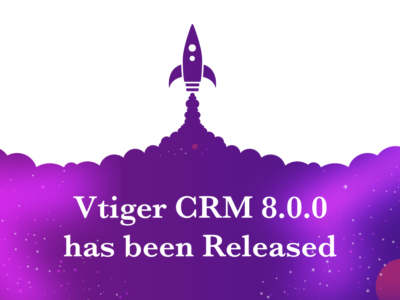The most important issue for companies is how best to analyze and use individual customer data. Most companies are flooded with information about their customers. In fact, smart companies collect information at each possible consumer touch point. These touch points consist of customer purchase, sales, services and support calls, website visits, customers’ satisfaction survey, payment interactions, market research studies- every contact between the customer and the company.
The dilemma is that information is usually scattered widely across the organization. It is hidden in the separate records and databases of different departments of company. Now many companies are turning to CRM (customer relationship management) to resolve these kinds of problems, to manage detailed information regarding individual customers and to maintain customers touch points very carefully in order to maximize customer loyalty. Customer relationship management is an overall practice of building and maintaining the beneficial customer’s relationships by delivering superior customer value and satisfaction. In recent years, CRM has become an essential part of companies. US companies have spent billions in the past years on CRM systems from companies such as Oracle, Siebel, SAS, and Microsoft, and this expense will be increased more in coming years.
CRM includes complicated software and analytical tools that integrate customer information from all sources, then analyze all data in depth, and apply the outcomes to build strong customer relationships. CRM is integrated with company’s sales, services, and marketing teams that identify about individual customers to provide a 360-degree view of the customer relationship.
CRM analysts develop data warehouses and use complicated data mining techniques to uncover the resources hidden in customer data. The use of data warehouse is not just to collect information, but to drag the information together into a central and accessible location. Then, once the data gathers into the warehouse, the company uses high-powered data mining techniques to find out required data about customers. Marketers can understand their customers better by using CRM, companies can also provide excellent services to their customers and develop deeper customer relationships.
The benefits of CRM don’t come without cost or risk. It is not only to gather the original customer data but also in mining and maintaining it. But mostly CRM is unsuccessful to fulfill the desired objectives of company. The most general reason is, mistakenly most companies view CRM only as a technological tool and software solution. But just technology cannot build profitable customer relationship. CRM is not a technical solution and you cannot achieve strong relationships by simply depending on some software.
CRM is an element of effective customer relationship management strategy. Always focus on the ‘R’ (relationship), and CRM is all about it. When it works properly, the benefits of CRM can far outweigh the cost and risks.


